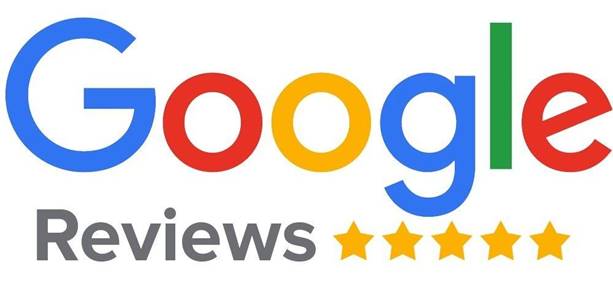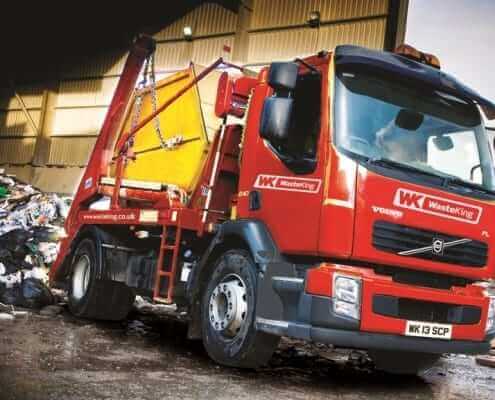
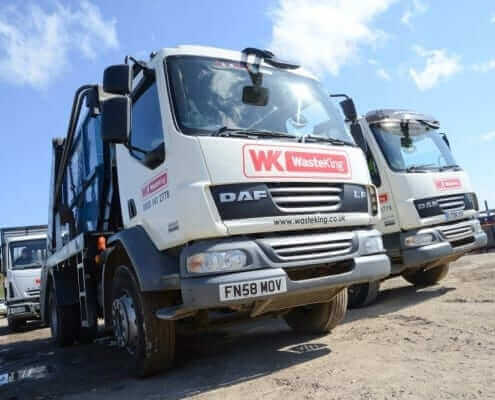
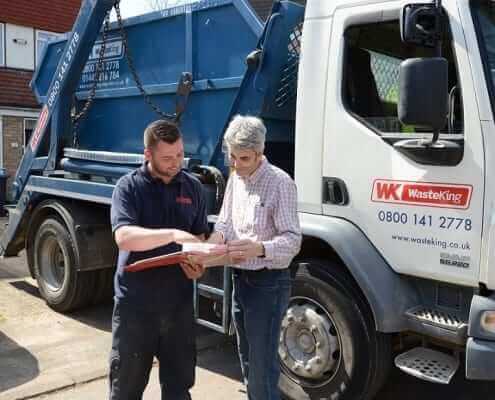
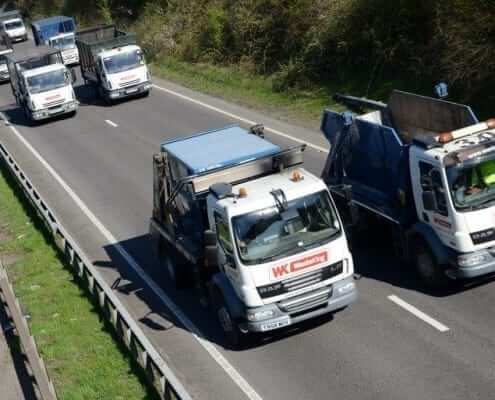
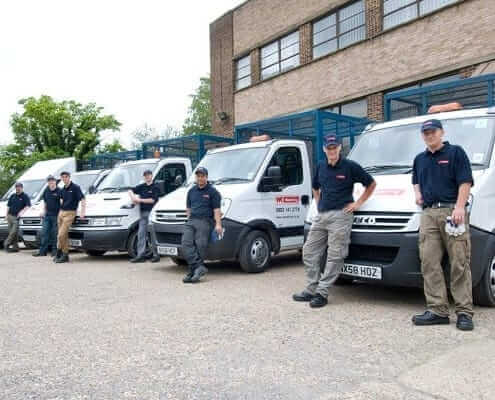
How to Manage Hazardous Waste: A Guide for Skip Hire Customers
Hazardous waste management is a critical aspect of environmental conservation and public health. When hiring a skip, it’s crucial to understand what constitutes hazardous waste and how to handle it responsibly. This guide provides essential information to ensure that hazardous waste is managed correctly by skip hire customers.
What is Hazardous Waste?
Hazardous waste includes materials that are harmful to humans, animals, and the environment. These can be in the form of solids, liquids, or contained gases. Common examples include:
- Asbestos
- Chemicals (e.g., brake fluid, print toner)
- Electrical items (anything with a plug or battery)
- Batteries
- Fluorescent bulbs
- Paint and varnishes
- Oils (including cooking oil)
- Equipment containing ozone-depleting substances, like fridges and air conditioners
- Pesticides and herbicides
Why is Proper Disposal Important?
Improper disposal of hazardous waste can lead to severe environmental damage and health risks. It can pollute the soil, waterways, and air, leading to long-term ecological issues and posing health hazards to wildlife and humans alike. Legally, improper disposal can result in hefty fines and legal action under UK environmental regulations.
Guidelines for Managing Hazardous Waste
1. Identify and Separate Hazardous Waste: Before hiring a skip, identify all the hazardous materials that cannot be included. Separate these from other waste types to avoid contamination.
2. Use Appropriate Containers: Ensure that hazardous waste is stored in appropriate containers with clear labelling to prevent leaks and spills. Containers should be sturdy and capable of preventing any leakages or emissions.
3. Consult Your Skip Hire Provider: Not all skip hire companies handle hazardous waste. Discuss your needs with your provider beforehand to ensure they can manage hazardous waste or direct you to a service that can.
4. Consider Alternative Disposal Methods: For hazardous waste materials that skip hire providers cannot manage, consider alternative disposal options:
- Local council facilities: Many councils provide facilities for disposing of hazardous waste safely.
- Specialist services: Some companies specialise in the disposal of specific types of hazardous waste, like electronic waste or chemicals.
5. Keep Records: Maintain records of the hazardous waste you dispose of, including the type of waste, quantity, and where it was disposed of. This documentation is crucial for compliance with environmental regulations.
6. Educate Yourself and Others: Stay informed about the types of materials classified as hazardous and the latest regulations regarding their disposal. Educate others in your household or your business about the importance of proper hazardous waste disposal.
Conclusion
Proper management of hazardous waste is not only a legal obligation but a moral one to protect our environment and public health. By understanding and implementing these guidelines, skip hire customers can contribute to a safer and cleaner planet. Remember, when in doubt, consult a professional — it’s always better to be safe than sorry when dealing with hazardous materials.
Skip Hire St Albans, Skip Hire Halifax, Skip Hire Oxford, Skip Hire Stirling, Skip Hire Northwich, Skip Hire Kettering, Skip Hire Plymouth

Unit 15 Hockliffe Business Park |
|


